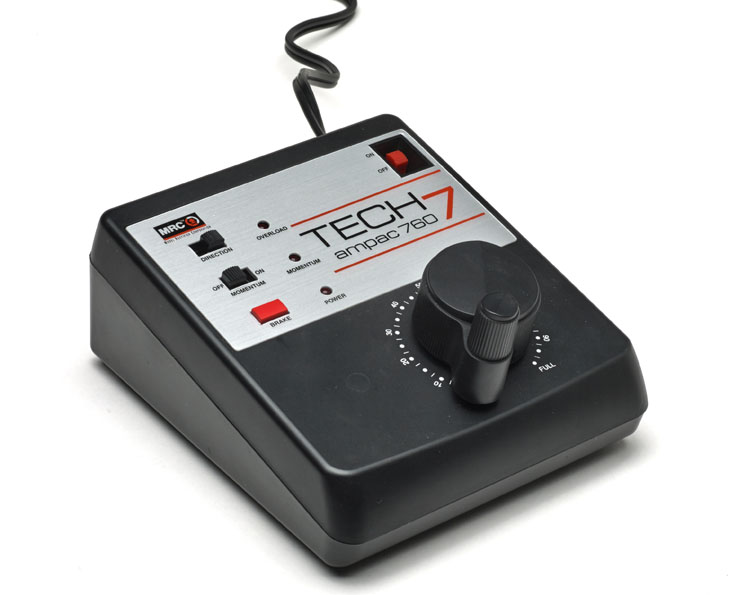 The simplicity of operating with a DC power pack like this MRC Tech7 is just one of several reasons to use DC block control on your model railroad. Though Digital Command Control may be the wave of the future, DC has its advantages and die-hard adherents. MRC photo
The simplicity of operating with a DC power pack like this MRC Tech7 is just one of several reasons to use DC block control on your model railroad. Though Digital Command Control may be the wave of the future, DC has its advantages and die-hard adherents. MRC photo
Digital Command Control’s fervent fans to the contrary, there are reasons to use DC block control on your model railroad. Among them are simplicity, ease of operation, and price.
Ease of operation
Look at that picture of a typical direct-current power pack above. Other than the on/off switch, there are a grand total of four controls on that power pack – only two of which you need to run a train. (Momentum and braking are nice, but not absolutely necessary.) You can sit a brand-new visitor who has never seen a model train layout before in front of that power pack and they will almost instantly figure out how to use it. Compare your average DCC throttle, which typically has more than a dozen buttons in addition to the speed control. And that’s for a basic throttle. All-in-one DCC throttle/base stations like an NCE PowerCab have more buttons than a universal remote and user manuals that run into dozens of pages. What’s there to understand about a DC power pack? You turn the knob and the train goes.
No programming
Who wants to have to learn to program a decoder before they can put a new locomotive on the rails? All Digital Command Control-equipped locomotives come from the manufacturer programmed to respond to the same address. You have to at least program in a new address to stop every engine on the layout from moving when you turn the throttle knob. And if you happen to program it wrong, you’ve got a locomotive-shaped brick until you reset it. To do that you have to move it to a programming track and program a configuration variable to set the decoder to factory defaults. Hope you hadn’t programmed in an elaborate speed curve or custom sound profiles, because they’re lost now. With DC control, the model locomotive responds to the voltage on the track, and that’s it. Simple!
Sound (or rather, the lack of it)
Devotees of DCC often tout sound as a reason to use DCC. But not everyone wants sound in their locomotives. Listen to a scale model diesel whine at full volume for a few minutes and you can see how it could become annoying. Spend a couple hours’ operating session in a train room with multiple locomotives doing their thing and you might soon find yourself longing for blissful silence. The fact that model locomotives only have room for tiny speakers that make the deepest bass rumble sound tinny only compounds this. Isn’t it much more relaxing to listen to just the click-clack of metal wheels rolling over your turnout frogs?
Price
As I mentioned in my previous article about reasons to use DCC, the biggest advantage of DC is price. Most hobbyists get their first basic DC power pack for free in their first train set. A good quality DC power pack will run you somewhere between $70 and $135 – less than half what a basic Digital Command Control starter system would cost. And that DC power pack is all you need to run a train on a DC layout, while a DCC layout will need more. For starters, there are decoders. Equipping a model locomotive with a DCC decoder can cost from $50 to $120 each, depending on the locomotive’s scale and the features of the decoder. Then there’s the cost of DCC power boosters, circuit breaker modules, auto-reversers, extra throttles, and more. Add that up and it’s easy to see why many modelers stick with DC to run their train layouts.







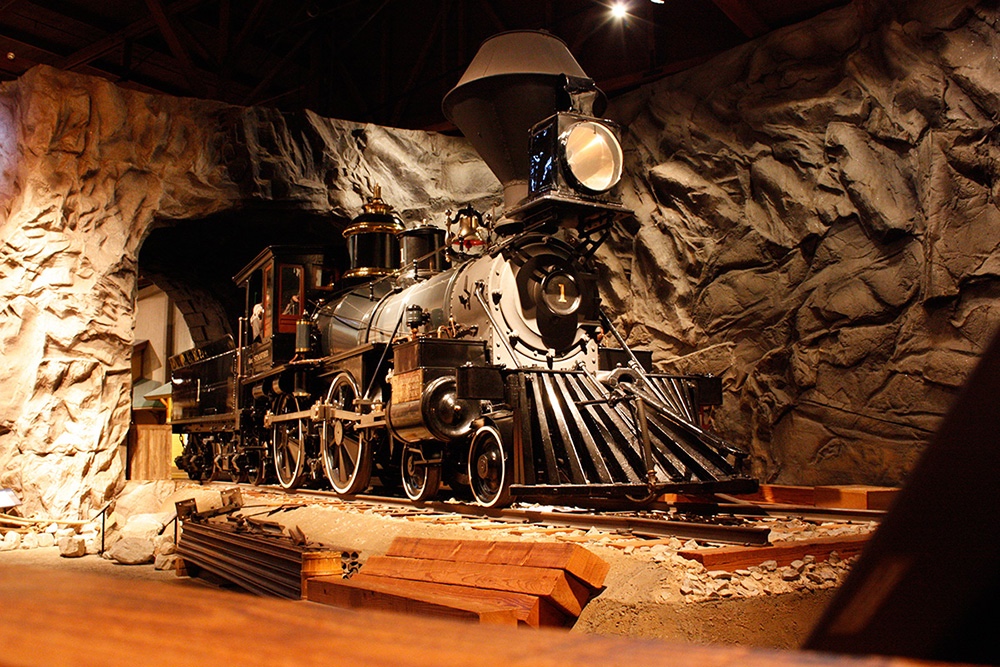
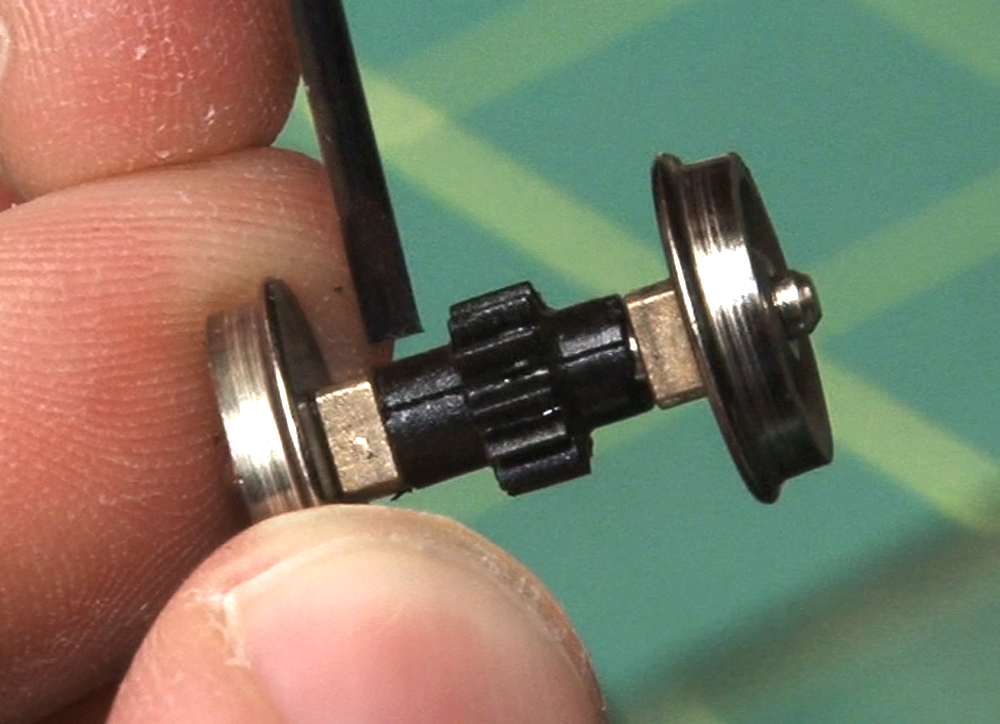
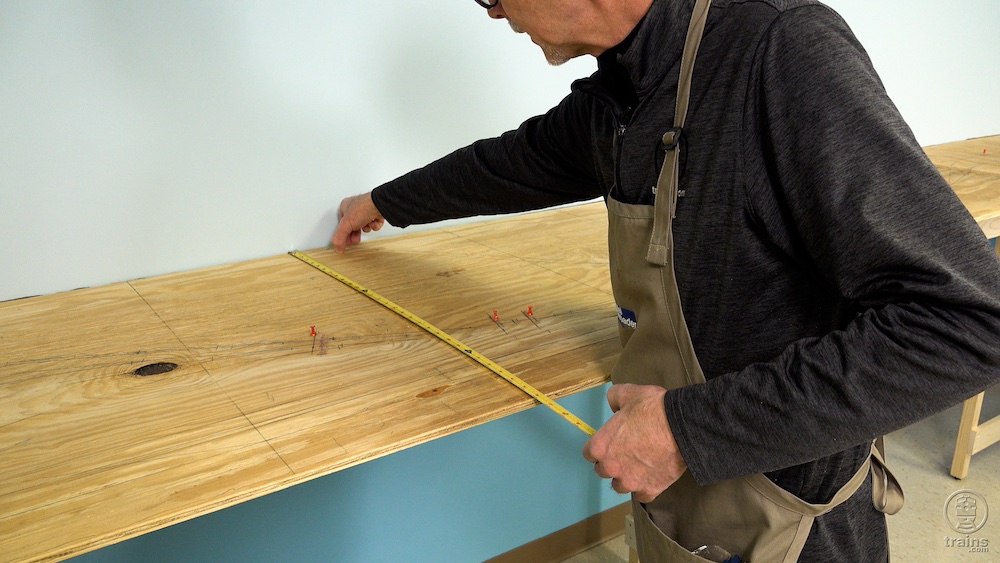
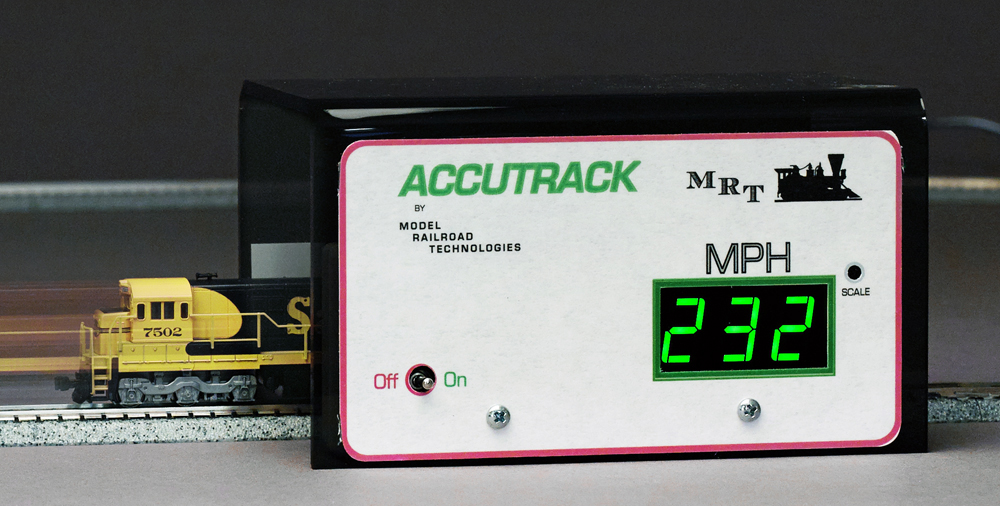
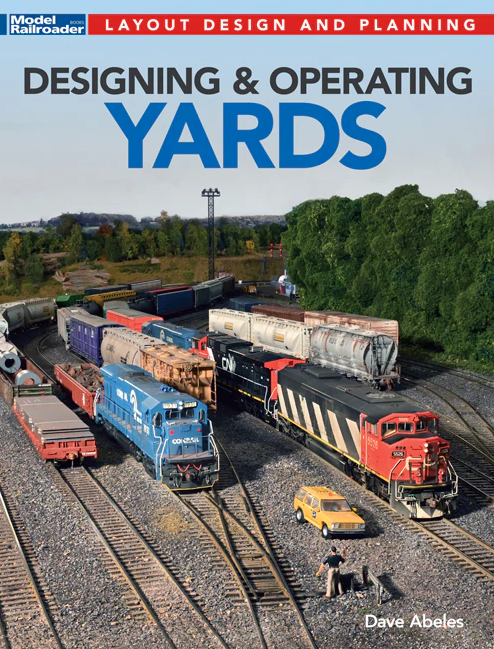
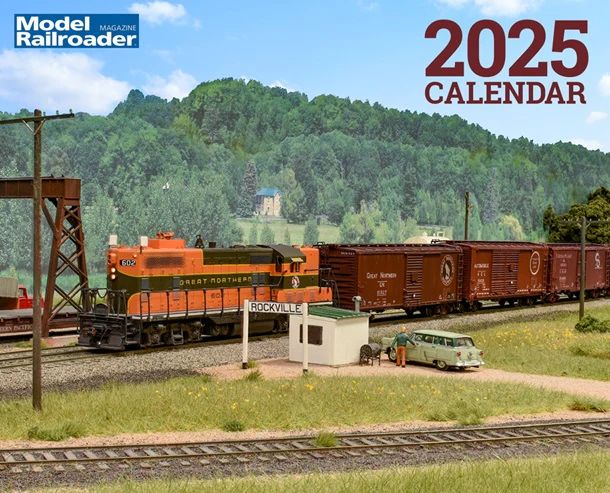
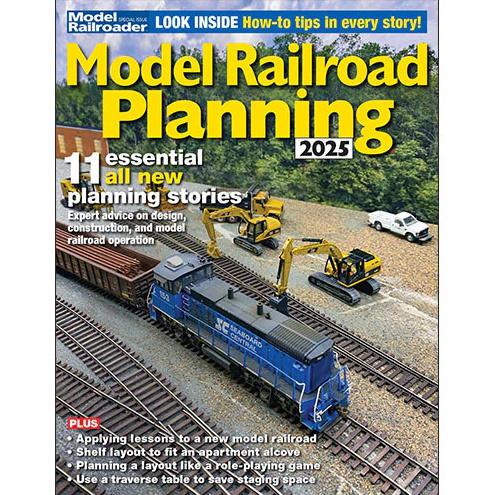
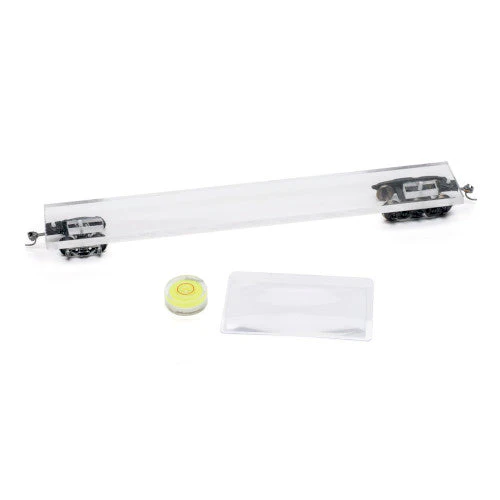
Thank you for a well-thought-out article! It is much appreciated by hobbyists like me (80-year-old/stroke victim) who finally get started but could be priced out of the hobby by DCC. And I include younger folks who prefer to commit a limited income to something a bit less expensive but just as much fun.
Those of us who are devotees of DC thank you for this article. With so me of us, it’s also a matter of “what we’re used to” as well.
And price is a big item, especially for we older married guys with kids and grandkids. It would be cost prohibitive for SOME of us to take all of our motive power and convert it to DCC. Although, once I retire next year…it could be a project. If my wife doesn’t have a large “honeydew” list for me….